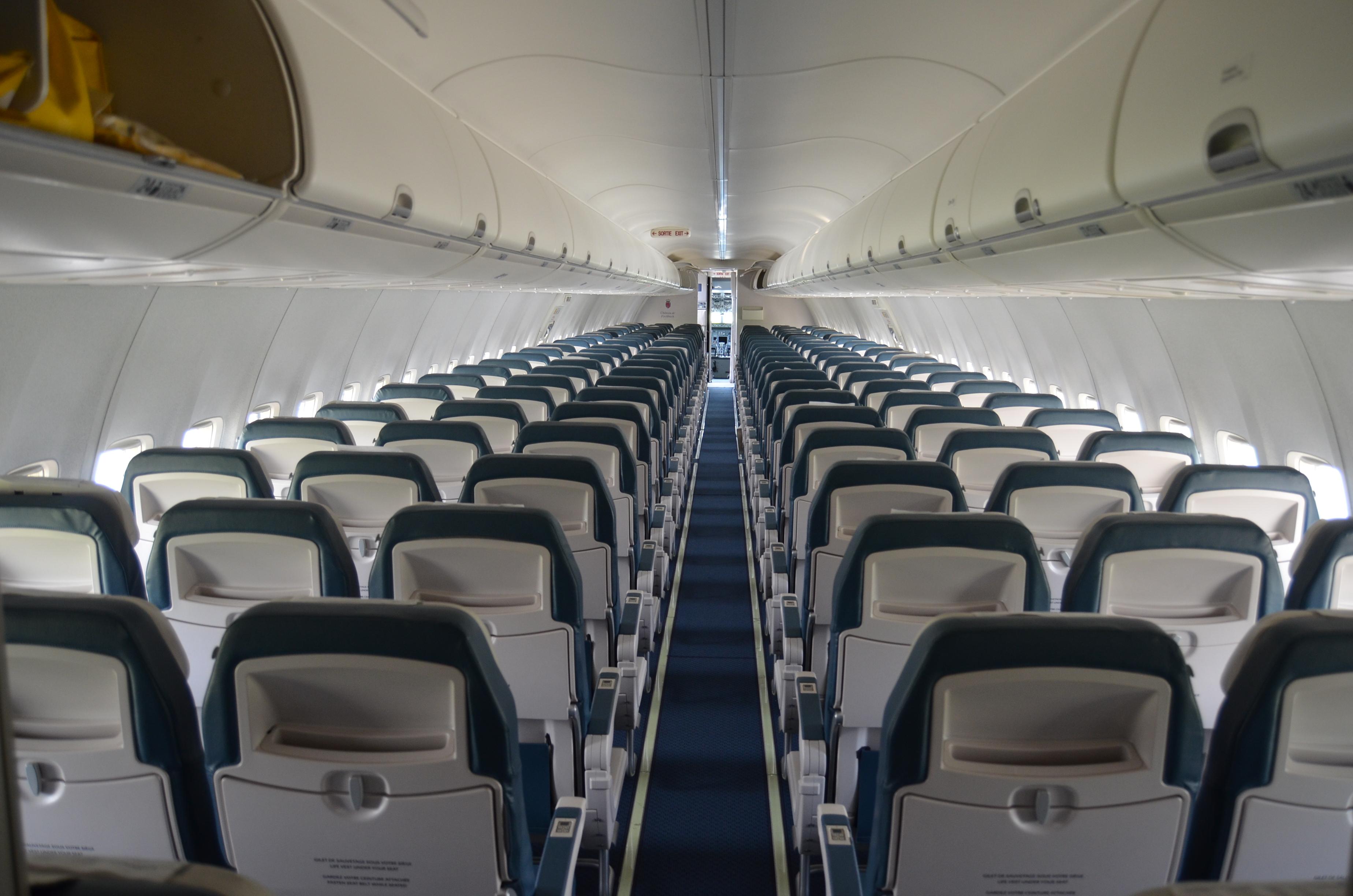
SINGAPORE—As air transport demand continues to drop as COVID-19 coronavirus infections have begun to cluster beyond the Asia-Pacific region, IATA has widened its estimates on revenue losses for the airline industry.
IATA had initially estimated $29.3 billion in global revenue losses from the COVID-19 crisis on Feb. 20—prior to outbreaks in Italy, Iran and South Korea—but has now more than doubled that to $63 billion. The industry association also projected losses of $113 billion in a worst-case scenario in the event of a more extensive spread.
In the current limited-spread scenario, where estimates have been put on markets with at least 100 cases of the virus, IATA notes Italy could have the greatest fall in passenger numbers at 24%, followed by China at 23% and Iran at 16%. South Korea and Japan are expected to see 14% and 12% drops respectively, while France and Germany are at 10% each. The rest of Europe and the Middle East will see a 7% fall in demand.
Overall, the numbers translate to a 11% worldwide revenue loss of $63 billion with China shouldering $22 billion of the total.
Another scenario accounts for a significant worsening of the situation in all markets that currently have at least 10 confirmed COVID-19 cases. In this projection there is a 19% loss in global passenger revenue, which equates to $113 billion—an amount not seen since the 2008 financial crisis.
In the worst-case scenario, Asia-Pacific, including Australia, would see a 23% drop in passenger numbers, meaning a loss of $49.7 billion. Ten major markets in western Europe including France, Germany, Italy, Spain and the UK would see a 24% passenger decline totaling $37.3 billion. The U.S.-Canada market would see revenue losses of $21.1 billion. The Middle East is not spared, facing a potential revenue loss of $4.9 billion and a 23% passenger drop.
IATA members along with agencies and governments convened in Singapore Mar. 5 for an IATA Aviation Resilience and Health Workshop. Around 100 participants from 20 countries discussed ways forward to tackle the ongoing COVID-19 crisis.
Speaking to media in Singapore, IATA chief economist Brian Pearce said that although the report did not give estimates on air cargo, the segment will also be severely affected by capacity cuts along with the closure of factories in China.
“We have seen in previous occasions that air cargo is expected to rebound faster as industries begin [their] restock cycle, just as China’s factories restart operation,” Pearce said. “However, we are not at that point yet.”
Pearce warned that the industry is in a fragile state as some carriers are operating very narrow profit margins and cash flow stoppages in terms of flight cancellations and falls in passenger demand “could send some into [a] difficult situation.”
In the short term, airlines are currently “taking out costs wherever they can” such as pay cuts and issuing unpaid leave. However, in the long term, IATA is pushing for the suspension of the 80:20 slot rules, which would give airlines the flexibility to suspend flights without incurring unnecessary operational losses to keep their airport slots.
IATA said the industry forecast will give governments information on the state and importance of the aviation market, enabling them to take measures to help the airline industry in the form of tax rebates and reducing airport fees.





